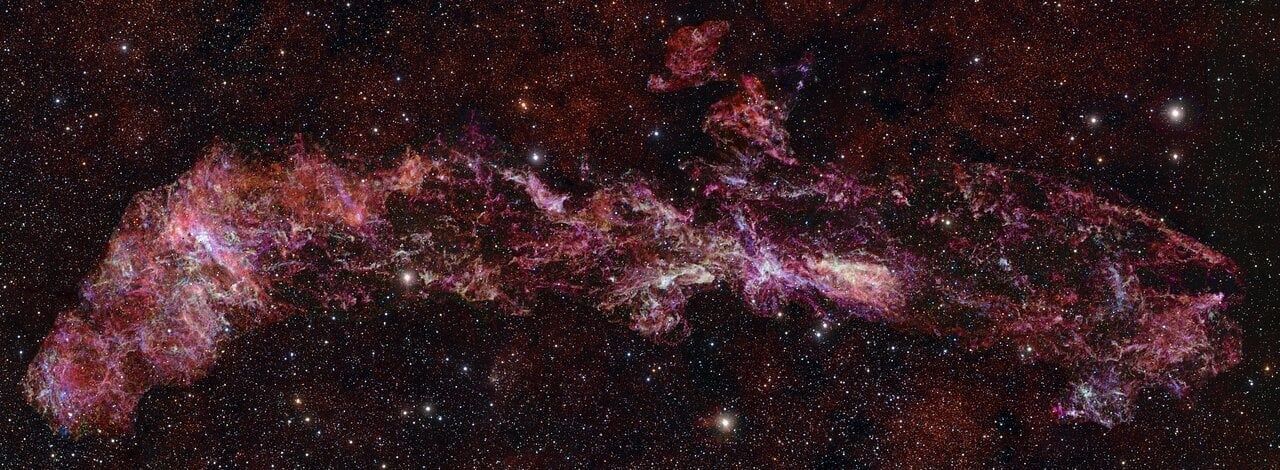
Research conducted by the University of Exeter has revealed that orangutans rely on cultural knowledge to manage their intricate diets. The study highlights that when a wild orangutan reaches independence after years of maternal care, it possesses an extensive mental catalog of nearly 250 edible plants and animals. This knowledge is crucial for their survival in the diverse ecosystems of Indonesia.
The findings underscore the importance of social learning in the development of foraging skills among these primates. Young orangutans learn from their mothers not only what to eat but also how to acquire and process their food. This cultural transmission is essential, as it enables them to adapt to their environments and select food sources that might not be immediately apparent.
As orangutans grow, they observe various techniques employed by their mothers, such as using tools to access hard-to-reach fruit or identifying safe versus toxic plants. The research team, led by scientists from the University of Exeter, emphasized that this knowledge is not instinctual but rather acquired through experience and observation, reinforcing the concept of culture in animal species.
In particular, the study indicates that the ability to remember and utilize this vast array of food sources is critical, especially as orangutans face increasing threats from habitat loss and environmental changes. Understanding their dietary habits and the cultural context behind them can aid conservation efforts aimed at protecting these intelligent creatures.
The research findings were published in 2023, revealing new insights into the cognitive abilities of orangutans. As their habitats continue to diminish, maintaining the cultural traditions of these primates may play a vital role in their survival.
This study contributes to a growing body of evidence showcasing the complex social structures of orangutans, highlighting their need for both individual learning and cultural exchange. The implications of this research extend beyond orangutans, as it invites a reevaluation of how cultural knowledge impacts the survival strategies of various animal species in the wild.






